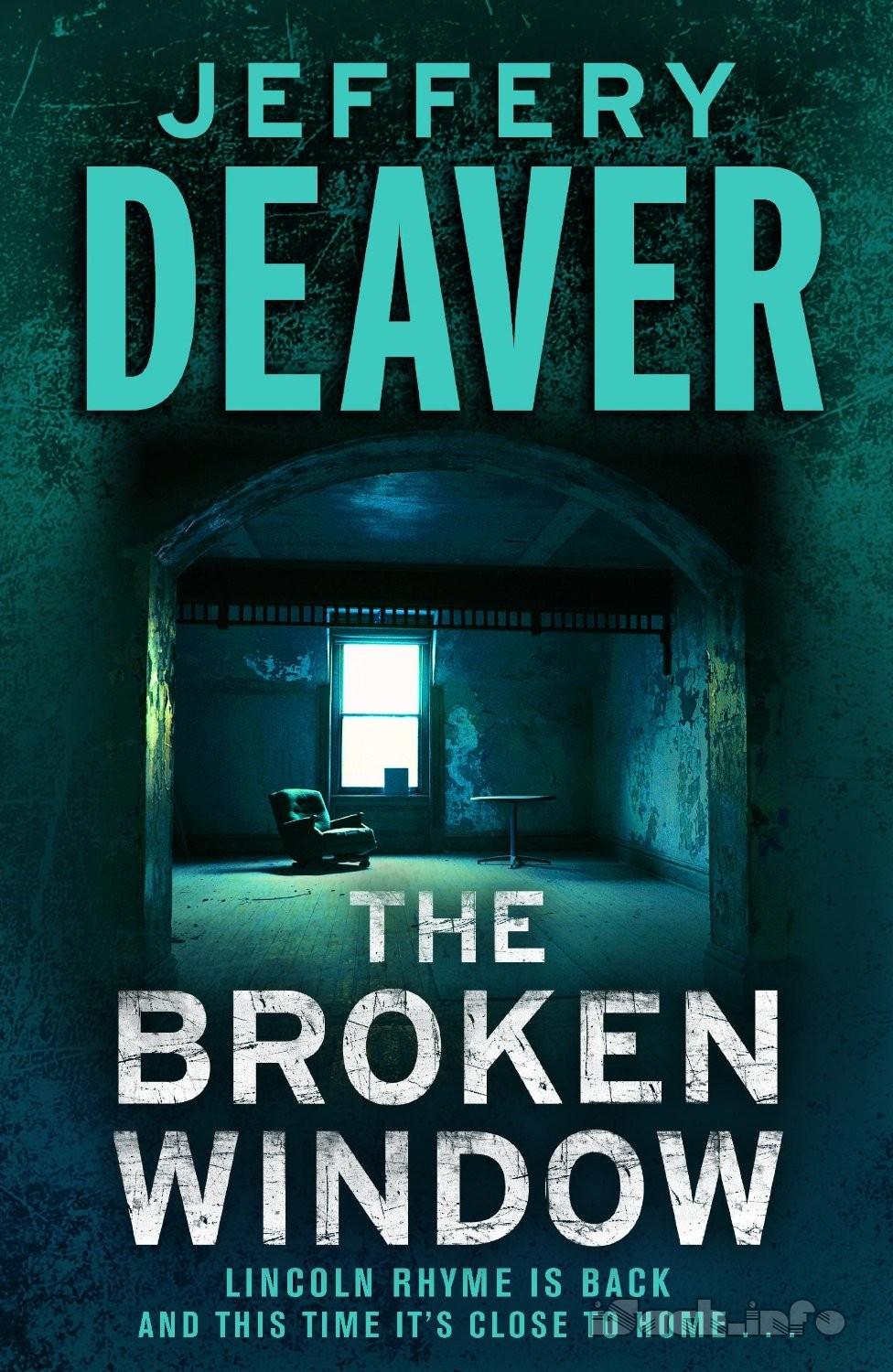Chapter 20
R
odney Szarnek had their mousetrap in place and the young shaggy-haired officer was happily trying to hack into SSD’s main servers. His knee bobbed and he whistled from time to time, which irritated Rhyme, but he let the kid alone. The criminalist had been known to talk to himself when searching crime scenes and considering possible approaches to a case.!!!Takes all kinds…The doorbell rang; it was an officer from the CS lab in Queens with a present, some evidence from one of the earlier crimes: the murder weapon, a knife, used in the coin theft and killing. The rest of the physical evidence was “in storage somewhere.” A request had been made but no one could say when, or if, it could be located.
Rhyme had Cooper sign the chain-of-custody form—even after trial, protocols must be followed.
“That’s strange: Most of the other evidence is missing,” Rhyme remarked though he realized that, being a weapon, the knife would have been retained in a locked facility in the lab’s inventory, rather than archived with nonlethal evidence.
Rhyme glanced at the chart about the crime. “They found some of that dust in the knife handle. Let’s see if we can figure out what it is. But, first, what’s the story on the knife itself?”
Cooper ran the manufacturer’s information through the NYPD weapons database. “Made in China, sold in bulk to thousands of retail outlets. Cheap, so we can assume he paid cash for it.”
“Well, hadn’t expected much. Let’s move on to the dust.”
Cooper donned gloves and opened the bag. He carefully brushed the handle of the knife, whose blade was dark brown with the victim’s blood, and it shed traces of white dust onto the examination paper.
Dust fascinated Rhyme. In forensics the term refers to solid particles less than five hundred micrometers in size and made up of fibers from clothing and upholstery, dander from human and animal skin, fragments of plants and insects, bits of dried excrement, dirt, and any number of chemicals. Some types are aerosol, others settle quickly on surfaces. Dust can cause health problems—like black lung—and be dangerously explosive (flour dust in grain elevators, for instance) and can even affect the climate.
Forensically, thanks to static electricity and other adhesive properties, dust is often transferred from perpetrator to crime scene and vice versa, which makes it extremely helpful to police. When Rhyme was running the Crime Scene division of the NYPD he’d created a large database of dust, gathered from all five boroughs of the city and parts of New Jersey and Connecticut.
Only small amounts adhered to the knife handle but Mel Cooper collected enough to run a sample through the gas chromatograph/mass spectrometer, which breaks substances down into their component parts, then identifies each one. This took some time. It wasn’t Cooper’s fault. His hands, surprisingly large and muscular for such a slight man, moved quickly and efficiently. It was the machines that plodded away slowly, performing their methodical magic. While they waited for the results Cooper ran additional chemical tests on another sample of the dust to reveal materials the GC/MS might not find.
Eventually the results were available and Mel Cooper explained the combined analysis as he wrote the details on the whiteboard. “All right, Lincoln. We’ve got vermiculite, plaster, synthetic foam, glass fragments, paint particles, mineral wool fibers, glass fibers, calcite grains, paper fibers, quartz grains, low-temperature combustion material, metal flakes, chryso-tile asbestos and some chemicals. Looks like polycyclic aromatic hydrocarbons, paraffin, olefin, napthene, octanes, polychlorinated biphenyls, dibenzodioxins—don’t see those very often—and dibenzofurans. Oh, and some brominated diphenyl ethers.”
“The Trade Center,” Rhyme said.
“It is?”
“Yep.”
The dust from the collapsed World Trade Towers in 2001 had been the source of health problems for workers near Ground Zero, and variations of its composition had been in the news lately. Rhyme was well aware of its composition.
“So he’s downtown?”
“Possibly,” Rhyme said. “But you could find the dust all over the five boroughs. Let’s leave it a question mark for the time being…” He grimaced. “So our profile so far: a man who might be white or a light-skinned ethnic. Who might collect coins and might like art. And his residence or place of work might be downtown. He might have children, might smoke.” Rhyme squinted at the knife. “Let me see it up close.” Cooper brought the weapon to him and Rhyme stared at every millimeter of the handle. His body was defective but his eyesight was as good as a teenager’s. “There. What’s that?”
“Where?”
“Between the hasp and the bone.”
It was a tiny fleck of something pale. “You could see that?” the tech whispered. “I missed it completely.” With a needle probe he worked it out and put it on an examination slide. He looked at it through a microscope. He started with lower magnifications, which are enough, 4 to 24 power, unless you need the magic of a scanning electron microscope. “Crumb of food, looks like. Something baked. Orange tint. Spectrum suggests oil. Maybe junk food. Like Doritos. Or potato chips.”
“Not enough to run through the GC/MS.”
“No way,” Cooper confirmed.
“He wasn’t going to plant something as small as that at the fall guy’s house. It’s some other bit of real information about Five Twenty-Two.”
What the hell was it? Something from his lunch the day of the killing?
“I want to taste it.”
“What? There’s blood on it.”
“The handle, not the blade. Just where that fleck is. I want to find out what it is.”
“There’s not enough to taste. This little chip? You can hardly see it. I didn’t see it.”
“No, the knife itself. Maybe I can find a flavor or spice that’ll tell us something.”
“You can’t lick a murder weapon, Lincoln.”
“Where’s that written down, Mel? I don’t remember reading that. We need information about this guy!”
“Well… okay.” The tech held the knife close to Rhyme’s face and the criminalist leaned forward and touched his tongue to the place where they’d found the fleck.
“Jesus Christ!” He reared his head back.
“What’s wrong?” Cooper asked, alarmed.
“Get me some water!”
Cooper tossed the knife onto the examination table and went to call Thom, as Rhyme spit on the floor. His mouth was on fire.
Thom came running. “What’s wrong?”
“Man… that hurts. I asked for water! I just ate some hot sauce.”
“Hot sauce, like Tabasco?”
“I don’t know what kind!”
“Well, you don’t want water. You want milk or yogurt.”
“Then get some!”
Thom came back with a carton of yogurt and fed Rhyme several spoonfuls. To his surprise the pain went away immediately. “Phew. That hurt… Okay, Mel, we’ve learned something else—maybe. Our boy likes his chips and salsa. Well, let’s just go with a snack food and hot sauce. Put it on the chart.”
As Cooper wrote, Rhyme glanced at the clock and snapped, “Where the hell is Sachs?”
“Well, she’s at SSD.” Cooper looked confused.
“I know that. What I mean is why the hell isn’t she back here?… And, Thom, I want some more yogurt!”
o O o
UNSUB 522 PROFILE
• Male
• Possibly smokes or lives/works with someone who does, or near source of tobacco
• Has children or lives/works near them or near source of toys
• Interest in art, coins?
• Probably white or light-skinned ethnic
• Medium build
• Strong—able to strangle victims
• Access to voice-disguise equipment
• Possibly computer literate; knows OurWorld. Other social-networking sites?
• Takes trophies from victims. Sadist?
• Portion of residence/workplace dark and moist
• Lives in/near downtown Manhattan?
• Eats snack food/hot sauce
NONPLANTED EVIDENCE
• Old cardboard
• Hair from doll, BASF B35 nylon 6
• Tobacco from Tareyton cigarettes
• Old tobacco, not Tareyton, but brand unknown
• Evidence of Stachybotrys Chartarum mold
• Dust, from World Trade Center attack, possibly indicating residence/job downtown Manhattan
• Snack food with hot sauce



 ePub
ePub A4
A4